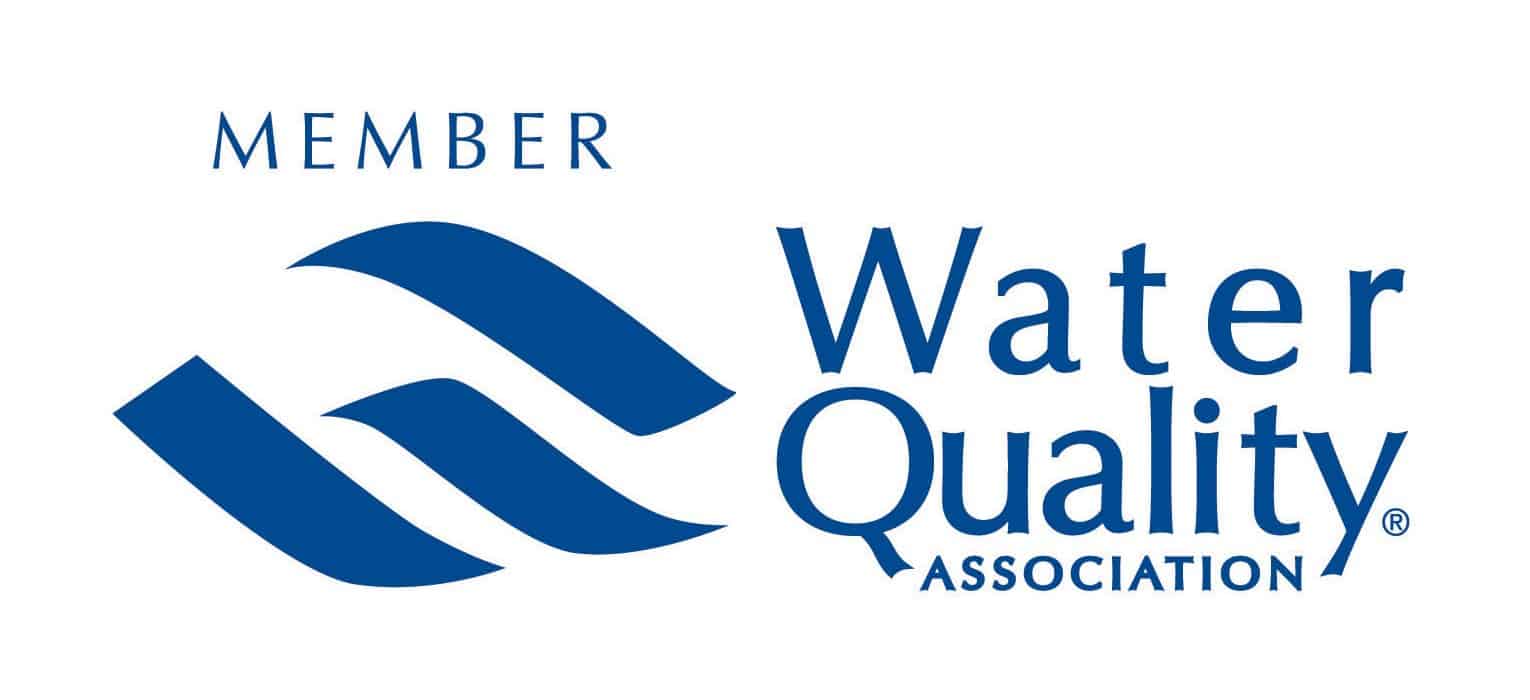Yes, Monroe, Washington has a lot of wells. According to the Washington State Department of Ecology, there are over 10,000 active wells in the city of Monroe. This is because Monroe is located in a region with a high water table and abundant groundwater resources.
Wells are a popular source of drinking water in Monroe because they provide homeowners with access to clean, fresh water that is not subject to the same level of regulation as municipal water supplies. However, it is important to note that well water quality can vary depending on the location of the well and the surrounding geology. Homeowners with wells should have their water tested regularly to ensure that it is safe to drink.
Here are some of the reasons why Monroe has so many wells:
High water table: The water table in Monroe is relatively high
This means that there is a large amount of groundwater available to be tapped into by wells. A high water table is a condition in which the water table is close to the surface of the ground. This can happen due to a number of factors, including heavy rainfall, snowmelt, and poor drainage. High water tables can have a number of negative impacts, including:
- Foundation problems: High water tables can increase hydrostatic pressure on foundation walls, which can lead to cracks and leaks.
- Wet basements: High water tables can cause water to seep into basements, which can damage belongings and create mold growth.
- Mosquito breeding grounds: High water tables can create ideal conditions for mosquitoes to breed, which can increase the risk of mosquito-borne diseases.
- Water quality problems: High water tables can leach pollutants from the soil and into groundwater, which can contaminate drinking water supplies.
There are a number of things that can be done to mitigate the effects of high water tables, such as:
- Installing drainage systems: Drainage systems can help to remove excess water from the soil and prevent it from accumulating near the surface.
- Grading the land: Grading the land can help to slope the land away from buildings and structures, which can help to prevent water from pooling.
- Installing sump pumps: Sump pumps can be used to remove water from basements and other low-lying areas.
- Protecting wells: Well casings should be properly sealed to prevent groundwater from contaminating the well water.
If you live in an area with a high water table, it is important to be aware of the potential risks and to take steps to mitigate these risks.
Abundant groundwater resources: The geology of Monroe is conducive to the formation of aquifers,
Which are underground layers of rock that contain groundwater. Aquifers are underground layers of rock or sediment that contain groundwater. They are good for wells because they provide a reliable source of water that can be tapped into by wells. Aquifers are formed when water percolates through the soil and rock and is trapped in porous or fractured rock formations. The geology of Monroe is conducive to the formation of aquifers because it includes a variety of rock and sediment formations that are porous and permeable.
Here are some of the specific geological features of Monroe that contribute to the formation of aquifers:
- Sand and gravel deposits: Sand and gravel are highly porous and permeable, which makes them ideal for storing groundwater. Monroe is located on a number of sand and gravel deposits, which provide a significant source of groundwater for wells.
- Fractured bedrock: Bedrock can also be fractured, which creates openings that allow water to flow through. Monroe is underlain by a variety of fractured bedrock formations, which provide additional sources of groundwater for wells.
- Stratified sedimentary rocks: Stratified sedimentary rocks are layers of rock that are deposited over time. These layers can be porous and permeable, which allows water to flow through them. Monroe is underlain by a number of stratified sedimentary rock formations, which provide additional sources of groundwater for wells.
The presence of aquifers in Monroe makes it possible to drill wells that can provide a reliable source of water for homes, businesses, and agriculture.
Abundant water supply: Aquifers in Monroe contain a large amount of groundwater, which means that well owners can have access to a reliable source of water. An abundant water supply, high water quality, and affordable water supply are great for water wells because they provide a number of advantages for well owners. Well owners can have peace of mind knowing that they have a reliable source of water, even during droughts or other water shortages.
High water quality: Groundwater in Monroe is generally of high quality, which means that well owners can have access to clean, fresh water. Well owners can be confident that they are drinking clean, fresh water that is safe for their families and pets.
Affordable water supply: Well water is typically more affordable than municipal water supplies.
Preference for well water: Many homeowners in Monroe prefer to use well water because it is a more affordable and reliable source of drinking water than municipal water supplies.
Well water is typically more affordable than municipal water supplies, which can save well owners money on their water bills.The amount of money you can save with a water well for an average-sized family in Washington state depends on a number of factors, including the cost of drilling and maintaining a well, the cost of municipal water in your area, and your water usage.
According to the Washington State Department of Ecology, the average cost of drilling a well in Washington state is $5,625. The cost of maintaining a well varies depending on the size of the well and the type of pump, but it is typically around $200-$300 per year.
The cost of municipal water in Washington state also varies depending on the city or county. However, the average cost of municipal water in Washington state is around $1.50 per 100 gallons.
An average-sized family in Washington state uses around 100,000 gallons of water per year. If the cost of municipal water is $1.50 per 100 gallons, then the average family would spend around $1,500 per year on water.
If you drill a well and install a pump, you can save money on your water bills. The amount of money you save will depend on the cost of drilling and maintaining your well, as well as the cost of municipal water in your area.
For example, if you drill a well and install a pump for $5,625 and your annual water bill is $1,500, then you would save around $925 per year on your water bills.
Over the lifetime of your well, you could save thousands of dollars on your water bills.
Here is a table that shows how much money you could save with a water well for an average-sized family in Washington state, depending on the cost of drilling and maintaining a well and the cost of municipal water:
| Cost of drilling and maintaining a well | Cost of municipal water | Annual savings |
|---|---|---|
| $5,625 | $1.50 per 100 gallons | $925 |
| $7,500 | $2.00 per 100 gallons | $1,200 |
| $10,000 | $2.50 per 100 gallons | $1,500 |
It is important to note that these are just estimates. The actual amount of money you save will depend on your specific circumstances.
Overall, the geology of Monroe is conducive to the formation of aquifers, which makes it a good place to drill wells. Well owners in Monroe can benefit from the abundant water supply, high water quality, and affordable water supply that is provided by aquifers. If you are considering having a well drilled in Monroe, Washington, it is important to consult with a qualified well driller to determine the feasibility of drilling a well on your property and to ensure that the well is properly constructed and maintained.




